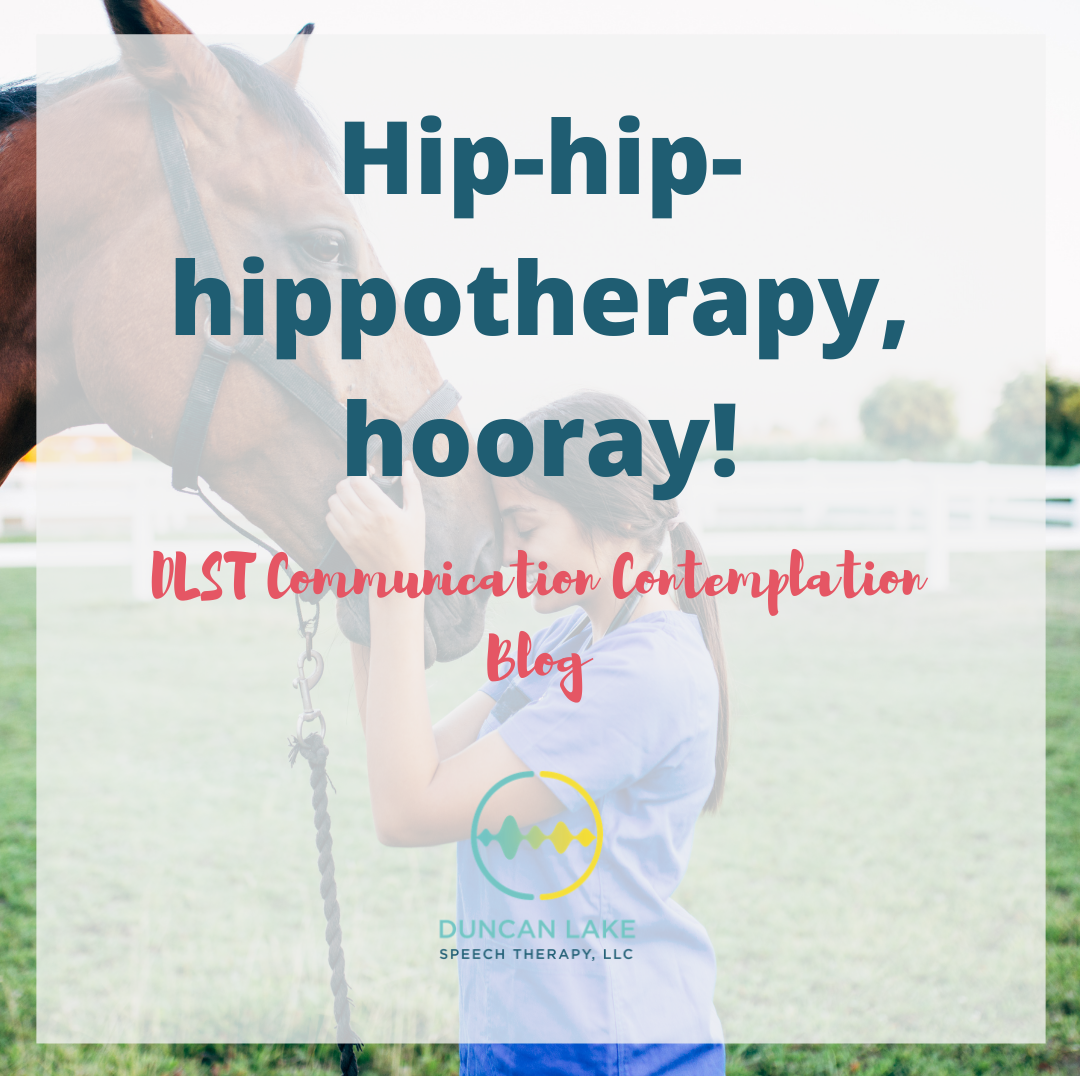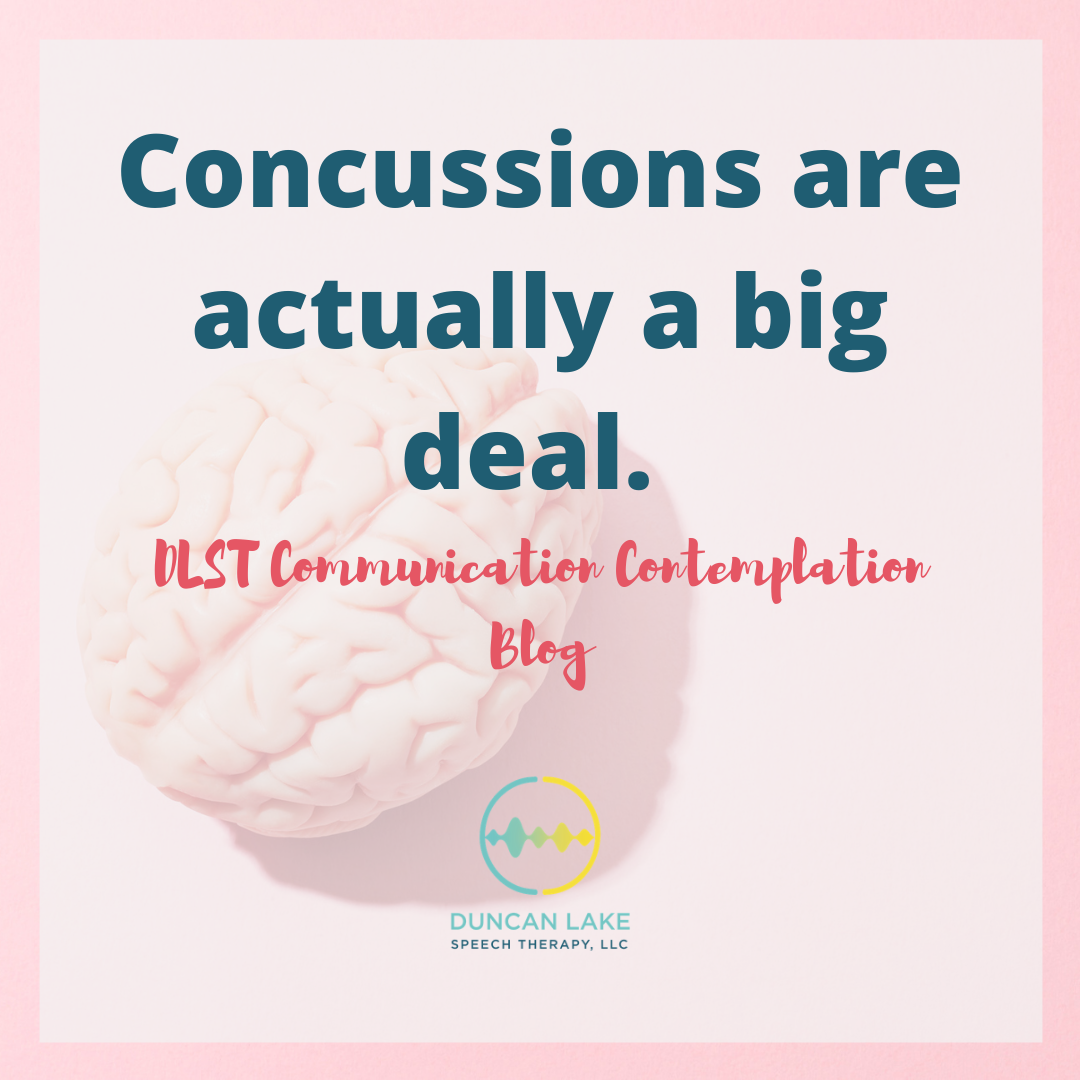
by Tami Teshima | Nov 20, 2019 | Animal-Assisted Therapy
I love animals. Who doesn’t? Ok, ok, some people don’t (and that’s fine…I suppose). Because of the great love people have for animals, animal-assisted therapy has started to gain some momentum. Researchers have studied the effects on therapeutic outcomes with several...

by Tami Teshima | Nov 15, 2019 | Ear Infections
Raise your hand if you had ear infections when you were little! How many of you had tubes in your ears when you were a kid (or, in the case of one of my recent co-workers, AN ADULT)? Ear infections, or otitis media (OM), are super common. 5 out of 6 kids get one by...

by Tami Teshima | Nov 6, 2019 | Brain Injury
Who remembers this scene from what may arguably be one of the best teen movies of the late 90s? Julia Stiles (Kat) slams her head on a light fixture at a party and sustains what Heath Ledger (Patrick) determines is a concussion. Kat says funny things. She keeps...





Recent Comments